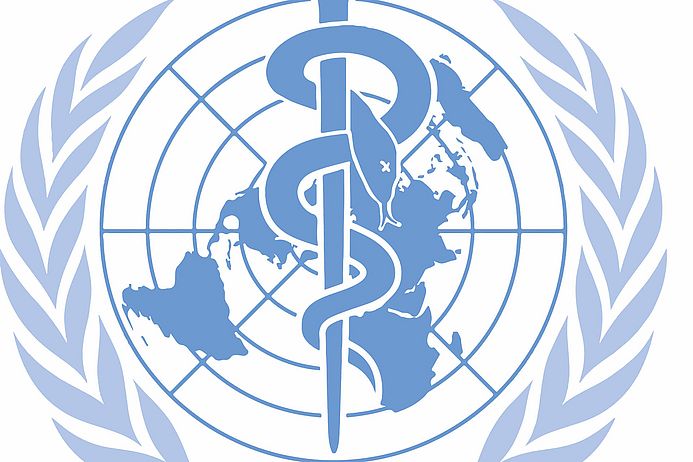15.10.2018 | Berlin
WHO sets the Global Health agenda?

The increasing role of venture philanthropies in Global Health: Win-win situations or conflicts of interest with and for the WHO?
“Venture Philanthropies” - the biggest among them today the Bill & Melinda Gates Foundation - have become important actors in Global Health programs and policies over the last twenty years. They use and heavily promote their own approaches, applying business concepts and marked-based solutions to current Global Health challenges. For these foundations, investments in Global Health have become a business case. At the same time, the World Health Organisation (WHO) is mandated and well recognized for its purpose and responsibility to act as the directing and co-ordinating authority on Global Health. In addition, the WHO assumes a central role in the operationalization of SDG 3, namely through the development and implementation of an “Global Action Plan for Healthy Living and Well-being for All”.
However, the situation of the WHO is challenging: The major part of the WHO’s budget is composed of voluntary earmarked contributions from member states and private donors that restrict the organizations’ ability to fulfill its mandate, and give donors excessive influence over the organization’s priorities. These donors include said philanthropic foundations that provide not only major financial and in-kind contributions to the WHO but also cooperate closely with the intergovernmental organization in a number of joint projects.
To coincide with the World Health Summit and the Grand Challenges Conference of the Bill & Melinda Gates Foundation in Berlin, we present a timely new civil society position paper on the role of venture philanthropies in health and nutrition. We invite you to discuss the benefits, risks and side-effects of the WHO’s engagement with philanthropic foundations, and reflect on how the WHO can be strengthened in order to fulfill its responsibilities.
Programme
Keynote by Nicoletta Dentico, Co-Director of Health Innovation in Practice (HIP)
With inputs from
- Björn Kümmel, Deputy Head of Division Global Health of the Federal Ministry of Health (BMG)
- Dr. Bernhard Schwartländer, Chef de Cabinet at World Health Organization
The lunch briefing is jointly organized by Brot fuer die Welt, Global Policy Forum, medico international, and MISEREOR.
Light refreshments will be provided. The event will be held in English.
As space for this lunch briefing is limited, we kindly ask you to RSVP by 7 October 2018 to europe@globalpolicy.org or at https://rsvp.globalpolicy.org/WHO_Global_Health_Briefing
Venue: Conference room (top floor) Umspannwerk Ost / Palisa.de,Palisadenstraße 48, 10243 Berlin
It takes a 8 minutes walk from the World Health Summit (KOSMOS) to the venue Umspannwerk Ost / Palisa.de.
